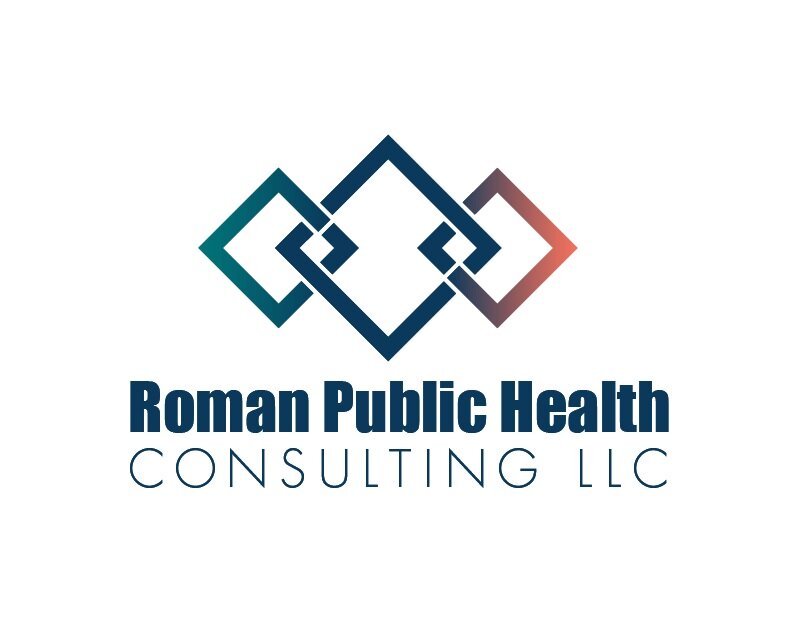Monthly Public Health Consultant Spotlight: Melissa Reams, MPH, CHES®
Each month, I will introduce you to a public health consultant or entrepreneur and they will share their path to self-employment and outline key pieces of advice for aspiring business owners.
Today we welcome Melissa Reams from Savannah, GA!
1. Please share your educational background and business title/name.
Master of Public Health (MPH) and Certified Health Education Specialist (CHES®)
I am the Owner & Principal Consultant at Upstream Consulting.
2. Tell us how you entered the field of public health and what your education and work experience was prior to consulting.
It wasn’t until the end of my undergraduate coursework in environmental studies that I realized I wanted to work in the reproductive health field. I had never heard of public health at that point and knew I didn’t have the stomach for nursing, so I finished my degree and went to work for the National Park Service. After a couple seasons, I landed a dream job in reproductive health education, which launched my public health career. I have since completed a Certification in Sexuality Education and Master of Public Health; became a certified health education specialist (CHES®); supported the U.S. Army’s health promotion efforts at Fort Stewart, Georgia; managed a county-level teen pregnancy prevention grant funded by the Centers for Disease Control and Prevention; and taught undergraduate courses in the Department of Health Sciences and Kinesiology at Georgia Southern University.
3. When did you start consulting and what were your motivations for pursuing self-employment?
Starting my own business had been in the back of my mind since I moved to Savannah in 2010. I was immediately struck by the lack of public health capacity in the region, despite having several undergraduate and graduate public health programs. Due to limited opportunities, most students move to Atlanta or other large cities after graduating. I started thinking about it more seriously in 2012 but didn’t make the jump until 2017. What ultimately motivated me was realizing that I wanted to be able to help more than just one organization at a time.
4. Who is your ideal client? What services do you offer?
My ideal clients are health and social service organizations that are ready to make a bigger impact in their communities. My main services are grant writing, program development, and evaluation.
5. Do you have a particular product or service that you’d like to highlight? Tell us all about it!
My grant finding service is one that I’m particularly proud of and one that provides a lot of value to my clients. There are thousands of grants but not every grant or funder is the right fit for every organization. I take the time to research all the potential grants and funders and then provide a summary and rank-ordered list of opportunities that are the best fit for an organization and their programs and services. Not only does this help organizations learn about funders they may have never found, they also save a tremendous amount of time and money by not applying to the wrong funders.
6. Many of our readers are considering a career as a self-employed public health consultant. What is your best piece of advice for those considering or just starting out in consulting?
Oh, I can’t limit it to just one piece of advice! Here are my top three:
Keep up with all your hours, by project. This will help you price your services accurately if you’re using project-based pricing (which I highly recommend!).
Be very clear with yourself and others about what you do and who you do it for. Otherwise, you’ll find yourself taking on every project and every client. This will lead to burn-out and will reduce the time you have available to grow your business and work on enjoyable projects.
Keep an abundance mindset. There is more than enough work to go around so collaborate and share with other consultants. Not only is this a healthier approach, your consultant colleagues may turn out to be one of your biggest sources of work and referrals.
7. How can readers connect with you? Please share links to relevant websites and social media accounts:
Readers can connect with me on my website, blog, LinkedIn, Facebook, Twitter, and Pinterest. They can also sign up for my newsletter here.

